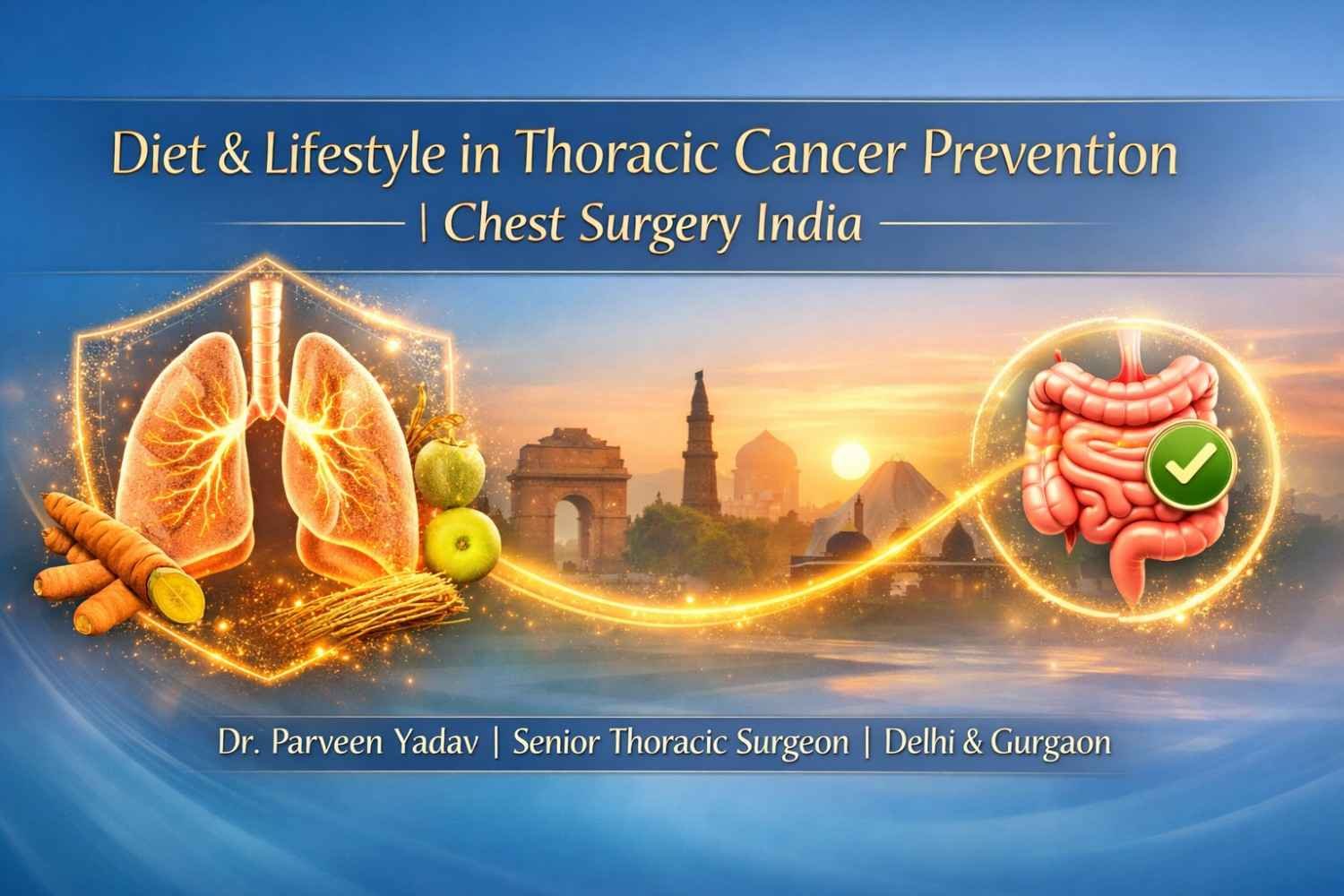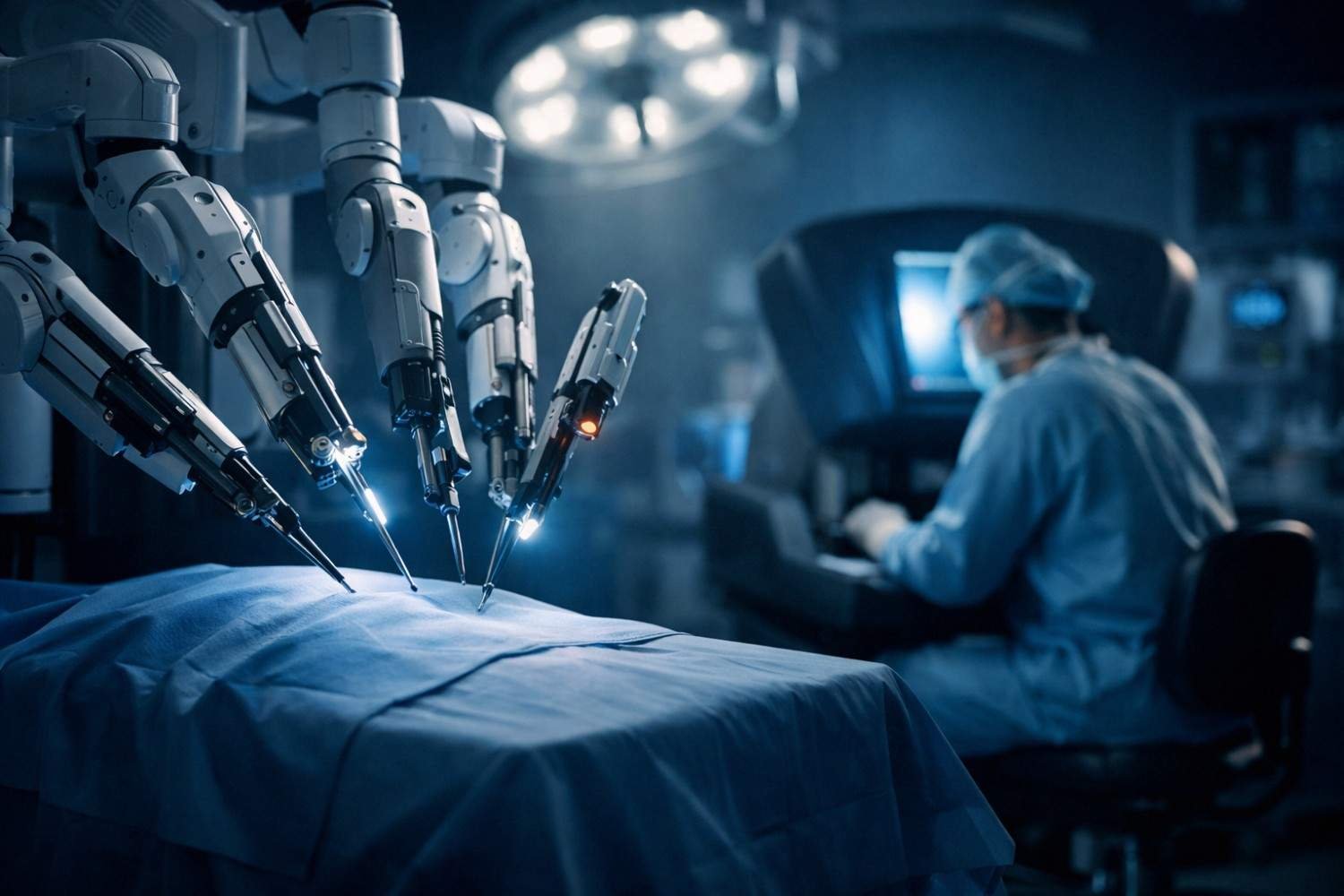

Esophageal cancer, a significant medical condition affecting the esophagus, the long tube that takes food from the throat to the stomach, has garnered increasing attention due to its complex nature and the critical care required for its management. This detailed overview aims to illuminate various aspects of esophageal cancer, from its causes and symptoms to diagnosis, treatment options, and ongoing research.
Esophageal cancer originates in the tissues that line the esophagus. There are two types of this cancer based on the cells involved. The first type is Squamous Cell Carcinoma, which is more prevalent in the upper and middle sections of the esophagus. It is strongly linked to smoking and alcohol consumption. The second type is Adenocarcinoma, usually found in the lower part of the esophagus, and is often linked to Barrett's Esophagus, a condition that results from chronic acid reflux.
Several factors increase the risk of developing esophageal cancer. These include:
Esophageal cancer often goes unfocused in its early stages due to a lack of symptoms. However, as the disease progresses, symptoms may emerge.
Diagnosis typically starts with a medical history review and physical exam, followed by specific tests.
The treatment depends on the cancer's stage, location, and the patient's overall health. Common treatments include:
Specific lifestyle changes can lower the risk:
Early detection of esophageal cancer significantly enhances the treatment's effectiveness. Regular check-ups are essential for high-risk patients, and advancements in medical technology continue to improve diagnostic methods, allowing for earlier intervention.
Research into esophageal cancer is continuously evolving, with studies focusing on genetic markers, less invasive treatment options, and the impact of diet on prevention. Clinical trials are essential to advancing understanding and treatment, offering new hopes for better outcomes.
Understanding esophageal cancer requires an awareness of its complexity and the seriousness with which it must be approached in both diagnosis and treatment. Experts like Dr. Parveen Yadav at Chest Surgery India are at the forefront of treating this challenging disease. Their dedication to advancing treatment and care practices helps pave the way for improved patient outcomes in the face of esophageal cancer. In Gurgaon, Delhi, seeking a consultation with an esophageal cancer specialist or surgeon can provide access to tailored treatments and care.
1. What are the early signs of esophageal cancer?
Ans: Early signs include difficulty swallowing, mild chest pain, and persistent heartburn or indigestion.
2. How does esophageal cancer develop, and who is at risk?
Ans: It develops from mutated cells in the esophagus lining and is more common in those with chronic acid reflux, smokers, heavy drinkers, and obese individuals.
3. What are the leading causes of esophageal cancer?
Ans: Primary causes include chronic gastroesophageal reflux disease (GERD), smoking, heavy alcohol use, and a diet low in fruits and vegetables.
4. What are the symptoms of esophageal cancer?
Ans: Symptoms include dysphagia (difficulty swallowing), unintended weight loss, chest pain, worsening indigestion, and coughing.
5. How is esophageal cancer diagnosed?
Ans: Diagnosis is typically through an endoscopy, barium swallow test, and oesophagus biopsies.
6. What treatment options are available for esophageal cancer?
Ans: Cancer treatments vary based on stage and location and may include surgery, radiation therapy, chemotherapy, and targeted therapy.
Dr. Parveen Yadav is a highly recommended surgeon or specialist for esophageal cancer treatment in Gurgaon, Delhi. He specialises in minimally invasive and robotic thoracic onco surgery. He has been recognised for 17+ years as the best chest surgeon in Gurgaon, Delhi, for his expertise in treating chest-related (Chest Surgery) ailments, such as Esophageal (Food Pipe Cancer), Lung, Tracheal (Throat), Chest wall tumours, Mediastinal Tumors, Empyema, and Bronchopleural Fistula cancer. With a focus on precision and innovation, he is dedicated to offering exceptional care to his patients, utilising advanced techniques to ensure optimal outcomes.

18+ Yrs Exp | 5,700+ Thoracic & Robotic Cancer Surgeries
Dr. Parveen Yadav is a Director and Senior Consultant in Thoracic and Surgical Oncology, specializing in minimally invasive and robotic lung and esophageal surgeries, with advanced training from AIIMS and Tata Memorial Hospital.
View Full Profile Pain After Thoracic Surgery: Tips for Smooth Recovery
Pain After Thoracic Surgery: Tips for Smooth Recovery
 Diet & Lifestyle for Thoracic Cancer Prevention | Dr. Parveen Yadav
Diet & Lifestyle for Thoracic Cancer Prevention | Dr. Parveen Yadav
 Robotic Thoracic Surgery: How Da Vinci Technology is Revolutionizing Chest Procedures
Robotic Thoracic Surgery: How Da Vinci Technology is Revolutionizing Chest Procedures
Struggling with pain after chest surgery? Dr. Parveen Yadav shares expert recovery tips, causes of shoulder pain, PTPS signs, and what your discharge sheet won't tell you.
Discover how diet, breathing exercises & daily habits help prevent and recover from thoracic cancer. Expert insights from Dr. Parveen Yadav, Chest Surgery India
Discover how Da Vinci robotic surgery is transforming chest procedures in Gurgaon. Less pain, faster recovery & expert care by a certified thoracic surgeon
Copyright 2026 © Dr .Parveen Yadav all rights reserved.
Proudly Scaled by Public Media Solution!